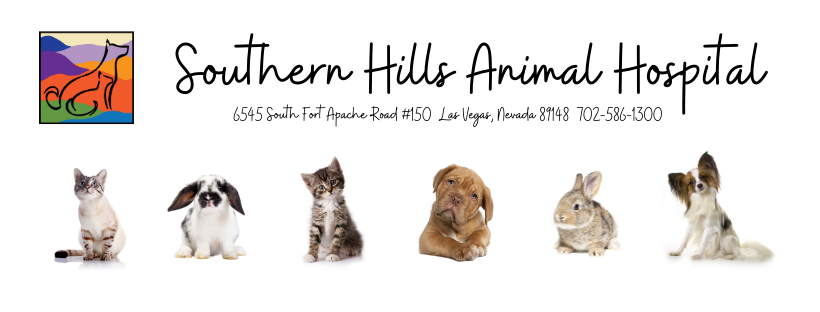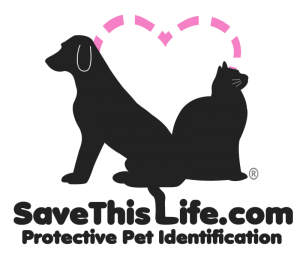Pet Health Frequently Asked Questions
Why not to trust "Doctor Google"?
When you are seeking answers about your pet's health, it can be easy to rely on "Doctor Google" but the truth is, there is absolutely NO substitute for direct advice from your Veterinarian. However, if you feel you must ask Doctor Google, below are a list of websites we personally recommend for quick advice and detailed information to help guide you until you can bring your pet in for a visit to the clinic!
American Heartworm Society
American Society for the Prevention of Cruelty to Animals
Association for Pet Obesity Prevention
Dog Food Advisor
Feline Chronic Kidney Disease Guide
Pet Health Network
Veterinary Partner
Why is it important to vaccinate your pet?
Kennel Cough
Kennel cough is a term loosely used to describe a complex of infections—both viral and bacterial—that causes inflammation of a dog’s voice box and windpipe. It’s a form of bronchitis and is similar to a chest cold in humans. Though it usually clears up on its own, kennel cough is highly contagious to other dogs. A persistent dry cough with a “honking” sound is the main clue your dog’s caught kennel cough. In most cases, she’ll appear healthy except for the cough. Her appetite and activity level usually won't change, but don’t be alarmed if she gags and coughs up a white, foamy phlegm—these signs are often worse after exercise, or if she’s excited or pulls against her collar. Some dogs may also develop a fever and nasal discharge. If you suspect your dog has kennel cough, immediately isolate them and bring them to us immediately. Dogs can catch kennel cough in several ways. It can spread through aerosols in the air, directly from dog to dog, or through germs on contaminated objects. Kennel cough is often spread in enclosed areas with poor air circulation—while boarding in a kennel or an animal shelter, for example, or through direct contact while sitting in a vaccination clinic, training class or dog-grooming facility. Kennel cough is so contagious that your pet might even catch it from sharing a water dish at the dog park or by simply greeting another dog. Most kennels will not board your pet without proof of a recent vaccination against parainfluenza and bordetella, two of the main causes of kennel cough.
Distemper & Parvovirus
Canine distemper is a virus that affects a dog’s respiratory, gastrointestinal and central nervous systems, as well as the conjunctival membranes of the eye. The first signs of canine distemper include sneezing, coughing and thick mucus coming from the eyes and nose. Fever, lethargy, sudden vomiting and diarrhea, depression and/or loss of appetite are also symptoms of the virus. The virus is passed from dog to dog through direct contact with fresh urine, blood or saliva. Sneezing, coughing and sharing food and water bowls are all possible ways for the virus to be passed on. Canine parvovirus is a highly contagious viral disease that can produce a life-threatening illness. The virus attacks rapidly dividing cells in a dog’s body, most severely affecting the intestinal tract. Parvovirus also attacks the white blood cells, and when young animals are infected, the virus can damage the heart muscle and cause lifelong cardiac problems. The general symptoms of parvovirus are lethargy, severe vomiting, loss of appetite and bloody, foul-smelling diarrhea that can lead to life-threatening dehydration. Parvovirus is extremely contagious and can be transmitted by any person, animal or object that comes in contact with an infected dog's feces. Highly resistant, the virus can live in the environment for months, and may survive on inanimate objects such as food bowls, shoes, clothes, carpet and floors. It is common for an unvaccinated dog to contract parvovirus from the streets, especially in urban areas where there are many dogs.
Rabies
Rabies is a virus that may affect the brain and spinal cord of all mammals, including dogs, cats and humans. Though preventable, there is good reason that the word “rabies” evokes fear in people. The disease has been reported in every state except Hawaii, and everywhere throughout the world except for Australia and Antarctica. Annually, rabies causes the deaths of more than 50,000 humans and millions of animals worldwide. Once symptoms appear, the disease results in fatality. Keeping your dog up to date with vaccinations is not only essential to prevention, it’s the law. Vaccinating your pet not only protects him/her from getting rabies, it protects them if they bite someone. Dogs who have bitten humans are required to be confined for at least 10 days to see if rabies develops, and if the animal’s vaccination records are not current, a lengthy quarantine or even euthanasia may be mandated. Animals will not show signs immediately following exposure to a rabid animal. Symptoms can be varied and can take months to develop. Classic signs of rabies in cats are changes in behavior (including aggression, restlessness and lethargy), increased vocalization, loss of appetite, weakness, disorientation, paralysis, seizures and even sudden death.
Which insurance is best for you and your pets?
Trupanion
- Free 30 Day Trial with Medical Examination at Southern Hills
- Provides 90% coverage for treatments of injuries & illnesses
- Has no financial limits: Per year, per illness, or per pet
- Covers approved surgeries, diagnostic tests, medications, & hospital stays
- Covers prescription pet foods
- Covers dietary supplements
- Pays customer based on actual veterinarian bill
Allows customers to choose their own deductible amount (including a $0 deductible)
Embrace
- Free 2 month Trial with Medical Examination at Southern Hills
- You choose your annual maximum, deductible, and reimbursement percentage!
- Annual Deductible then Co-Pay Reimbursement Method
- 12 month Policy Term with Coverage for Office Visits
- Wellness & Routine and Continuing Care Coverage
- Alternative Therapy, Hereditary & Genetic Condition Coverage
- Premium Increases Over Time with No Extra Fees
Pet Assure
- One set plan price regardless of age, breed and state of residence
- Save 25% on all in-house medical procedures with every visit!
- No deductibles. No waiting. No co-pays. No age limits.
- No exclusions based on age, breed or state of residence
- No medical condition or procedures are excluded
- Pets of all ages are welcome to join Pet Assure!
- No exclusions based on pre-existing conditions















